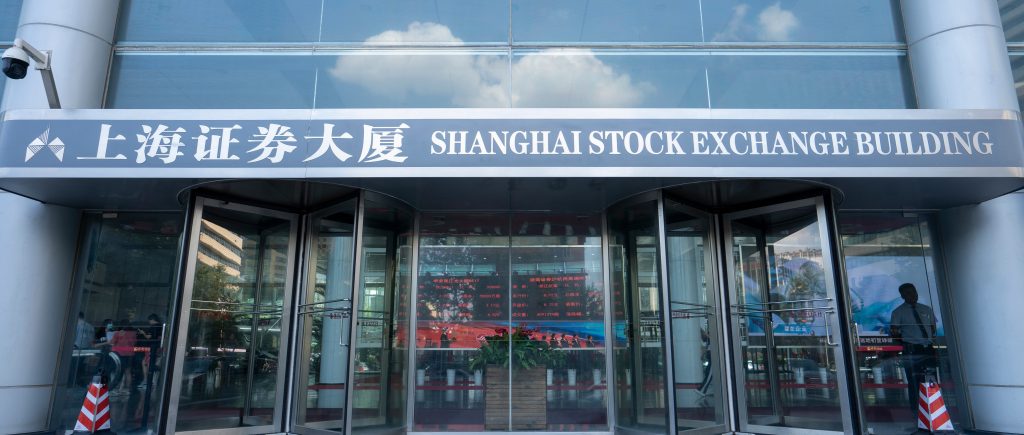Investors’ sentiment has become shaky following the latest Evergrande’s crisis that impacted the property sector leading it to slump. Evergrande is facing liquidation, and this is clouding the economic outlook.
The Chinese authorities have been working to confront the downward trend in stock prices. Chinese share prices declined, on Monday, even as authorities imposed new restrictions to curb short-selling, a move only did little to ease investor concern over China’s economic prospects.
The Shanghai Composite Index rose as much as 0.5%, but ended the session down 0.9% at 2,883. Effective Monday, the China Securities Regulatory Commission fully suspended the lending of restricted shares, which cannot be sold on the market for a specific period but previously could be lent for short-selling.
They often are issued as part of initial public offerings, capital increases and employee compensation.
Short sellers have been targeting stocks like real estate group China Vanke, which ranked third nationwide in property sales for 2023, and leading Chinese electric vehicle maker BYD. As of April 2022, 22.5% of BYD’s outstanding shares were restricted.
The new lending ban makes it more difficult for short sellers to obtain the shares needed to bet against companies.
It will stabilize investor sentiment, and in turn the market, said Xu Yishan, an analyst at Founder Securities, echoing the largely positive view of the ban by market watchers.
But China’s real estate slump continues to create uncertainty over Asia’s biggest economy. In a new twist, a Hong Kong court on Monday ordered debt-laden property developer China Evergrande Group to be wound up.
Stock market regulators’ latest move builds on restrictions introduced by the CSRC in October to shore up share prices. The volume of short sales that month fell to an eight-month low of 94.9 billion yuan ($13.2 billion). But stock prices continued to trend downward, leading authorities to fully suspend the lending of locked-up shares.
The Shanghai Composite Index closed down 7.3% from the end of last year at 2,756 on Jan. 22. A meeting of China’s State Council chaired by Premier Li Qiang that day produced a pledge for “stronger, more effective measures to stabilize the market.”
The index has since briefly topped 2,900 on a series of measures designed to lift stock prices, including a reduction to the bank reserve ratio that will free up more money for lending.

 Noor Trends News, Technical Analysis, Educational Tools and Recommendations
Noor Trends News, Technical Analysis, Educational Tools and Recommendations




